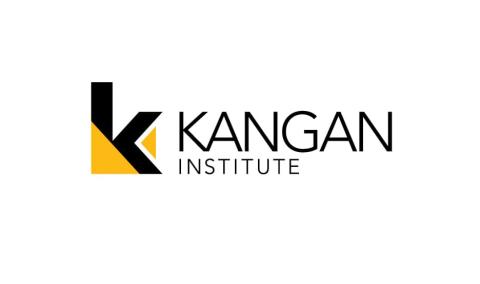The 2024 Learn Local Conference was held on Thursday 24 October and Friday 25 October 2024.
We thank all providers for attending and taking part.
If you have any feedback on the event, please email acfeb.secretariat@djsir.vic.gov.au
With special thanks to our guest presenters and speakers, including:
- The Hon Gayle Tierney MP, Minister for Skills and TAFE, Minister for Regional Development
- Dr Teresa De Fazio, ACFE Board Chairperson
- Lill Healy, Deputy Secretary, Skills and Employment
- John Maddock, Deputy Chairperson, ACFE Board
- Marg Lewis, ACFE Board member
Masters of ceremonies
- Mamut Chuol
- Sobur Dhieu
Keynote speaker
- George Megalogenis – ACFE Shaping the Future
Presenters and facilitators
- Jo Medlin, Adult literacy and numeracy consultant – Shaping the Future
- Ruth Patterson, Melbourne Polytechnic – Learner progression in numeracy
- Dr Natasa Ciabatti, Federation University, and Dr Oksana Razoumova, Victoria University – Bridging Worlds: Fostering Practical Strategies for Social and Linguistic Inclusion in the Adult Classroom
- Professor Mark Rose, Deakin University – Education, literacy and foundations for Koorie students and teachers
- Vanessa Iles, Reading Writing Hotline – Reading writing hotline – Adult literacy needs in Australia
- Hutch Hussein – ACFE Shaping our Future together
- Olivia Hurrell, Bass Coast Adult Learning (BCAL), and Lauren Rizzacasa, Prace Inc – Industry Practice Networks
- Dr Tess Demediuk, AMES Australia, and Roz Meineke, AMES Australia – CALD Toolkit
- Robyn Matthews, Loddon Campaspe Multicultural Services – Just in Time
- Christine Brooks, Wellington East Gippsland Learn Locals – Sustainable models - East Gippsland
Panel members
Talking quality in Learn Locals
- Nina Bekker, ACEVic
- Sharmy Ramachandran, Adult Learning Australia
- Margaret Corrigan, Carringbush
- John Sheen, Wyndham Community & Education Centre
Koorie module and best practice principles
- Geraldine Atkinson, VAEAI
- Neville Atkinson, VAEAI
- Merralyn Barnes, Orbost Education Centre
Family Learning Partnerships at the ‘Village Market’
- Kyabram Community and Learning Centre (KCLC) – Diminish barriers to workforce and further education for parents and families
- Numurkah Community Learning Centre (NCLC) – Growing healthy habits through garden-to-table cooking
- Prace Inc – Women in the driver’s seat
- Bass Coast Adult Learning (BCAL) – Climate action attitudes: a family approach
- Keysborough Learning Centre (KLC) – Families learning together (Robotics, Coding and School App)
Floral arrangements
Thanks to the 8 students studying Floristry at Community Learning Centre (CLC).
Sponsors
Bronze sponsor – Bendigo TAFE and Kangan Institute
Kangan Institute is amongst Australia’s largest and most trusted vocational education and training providers. Kangan Institute delivers training in central and northern Melbourne through campuses in Broadmeadows, Cremorne, Docklands and Essendon, with new campuses to be delivered in Sunbury and Melton.
Visit Kangan Institute for further information.

Updated